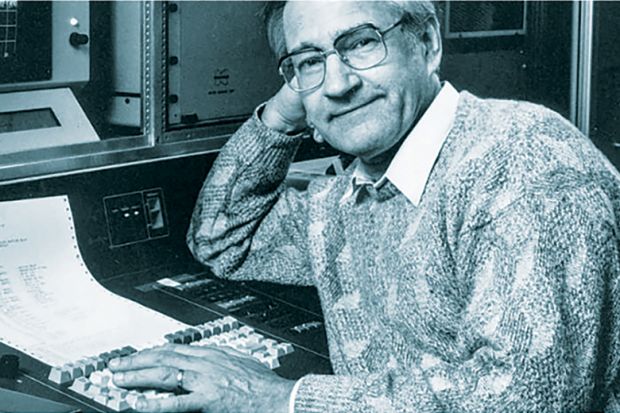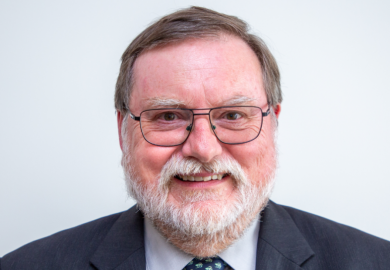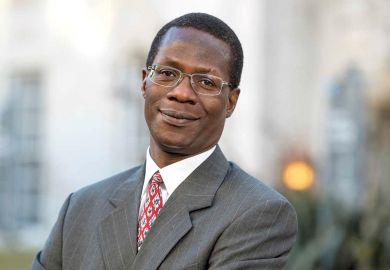A scientist who played a central role in the development of MRI scans has died.
Richard Ernst was born in Winterthur, Switzerland, in 1933. The son of an architect, he was highly musical and initially had ambitions to be a composer. Yet in 1944, he recalled in Stefano Sandrone’s recent collection of interviews, Nobel Life, his life was transformed by the discovery of “a box full of chemicals that belonged to an uncle of mine who died in 1923. I started to do experiments in a playful manner and hoped for unexpected results. Fortunately, our house and I survived, although I frightened my mother.”
Having decided to study chemistry at ETH Zurich, Professor Ernst was initially disappointed by the lectures and found that he had to teach himself the basics of fields such as quantum mechanics, spectroscopy and statistical mechanics. After military service, he returned to ETH for a PhD in the new area of nuclear magnetic resonance (NMR). In 1963, however, he decided to leave the academy for a job at Varian Associates in Palo Alto, California, where he was able to adapt his theoretical knowledge to clear commercial ends, while forging a number of major advances in nuclear magnetic resonance and carbon-13 spectroscopy. He found that it was also possible to harness innovations in computing to automated experiments and improved data processing.
In 1968, after a long trip through Asia that left him with a deep interest in Tibetan art, Professor Ernst returned to ETH once again as a lecturer. He was promoted to assistant professor in 1970, associate professor in 1972 and professor of physical chemistry in 1976. He served as director of the laboratory of physical chemistry and led a research group devoted to magnetic resonance spectroscopy before eventually retiring in 1998. His work there, which won him the 1991 Nobel Prize in Chemistry, proved absolutely crucial to progress in the field, including the later development of MRI scans, now a central tool of modern medicine.
In a tribute published on ETH Zurich’s website, the institution’s president, Joël Mesot, praised Professor Ernst as “a great colleague who...put the greatest of passion into his research into the fundamentals of chemistry, and was forever thinking of ways it could be applied in our everyday lives. Thanks to MRI technology, we are repeatedly reminded of Richard Ernst’s achievements.”
Professor Ernst died on 4 June and is survived by his wife Magdalena and their three children.
Register to continue
Why register?
- Registration is free and only takes a moment
- Once registered, you can read 3 articles a month
- Sign up for our newsletter
Subscribe
Or subscribe for unlimited access to:
- Unlimited access to news, views, insights & reviews
- Digital editions
- Digital access to THE’s university and college rankings analysis
Already registered or a current subscriber?




